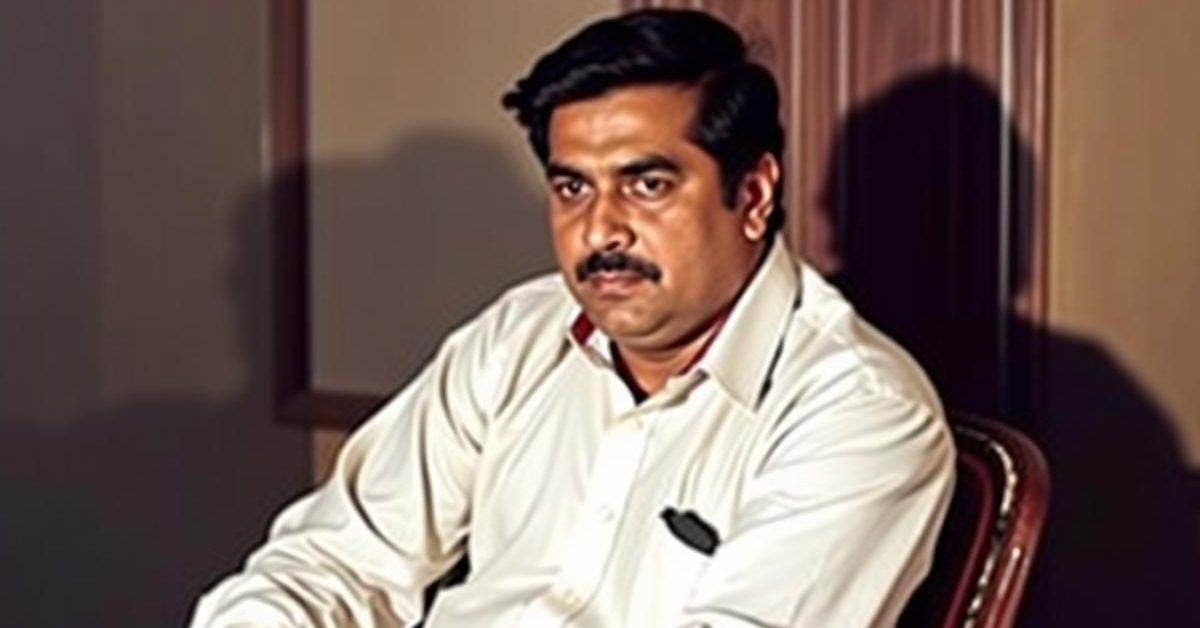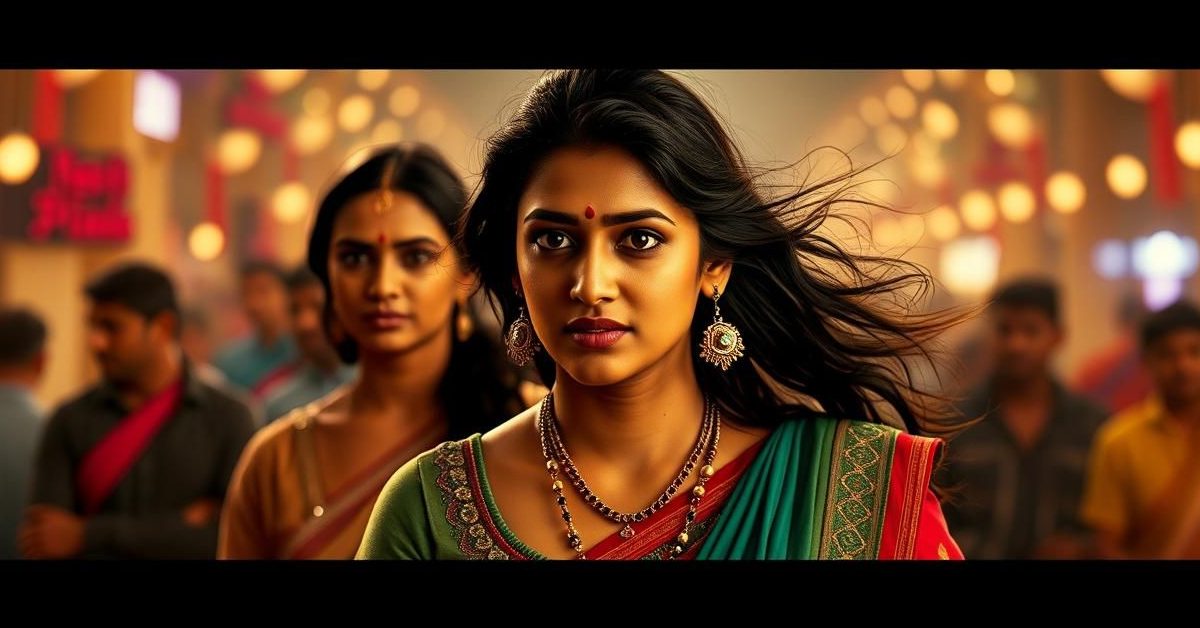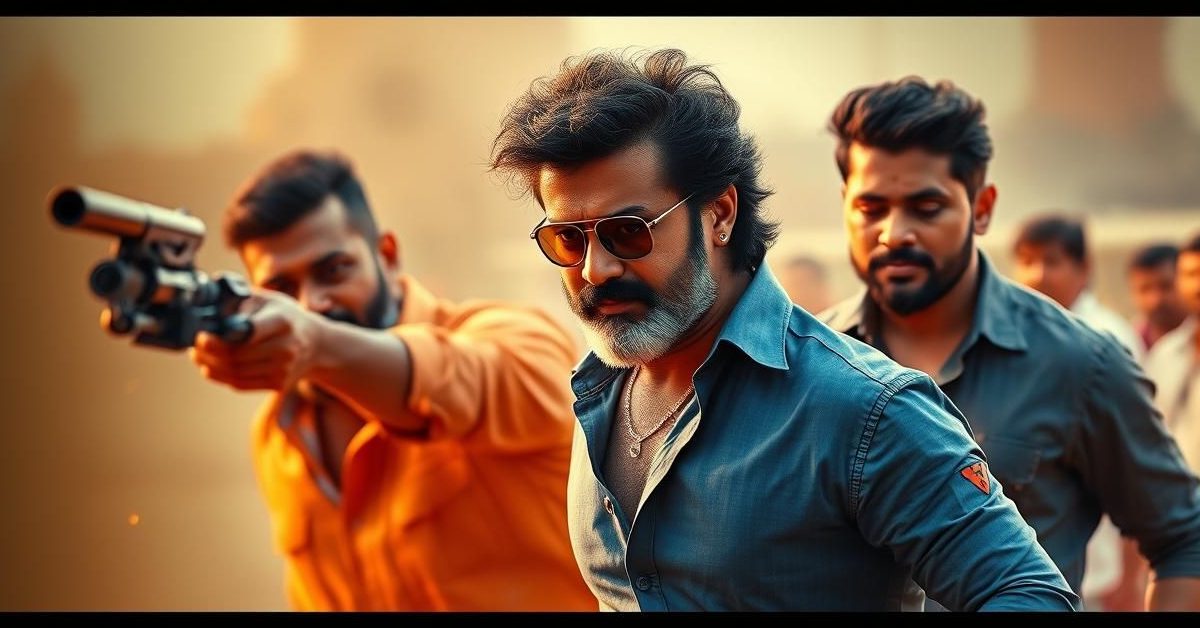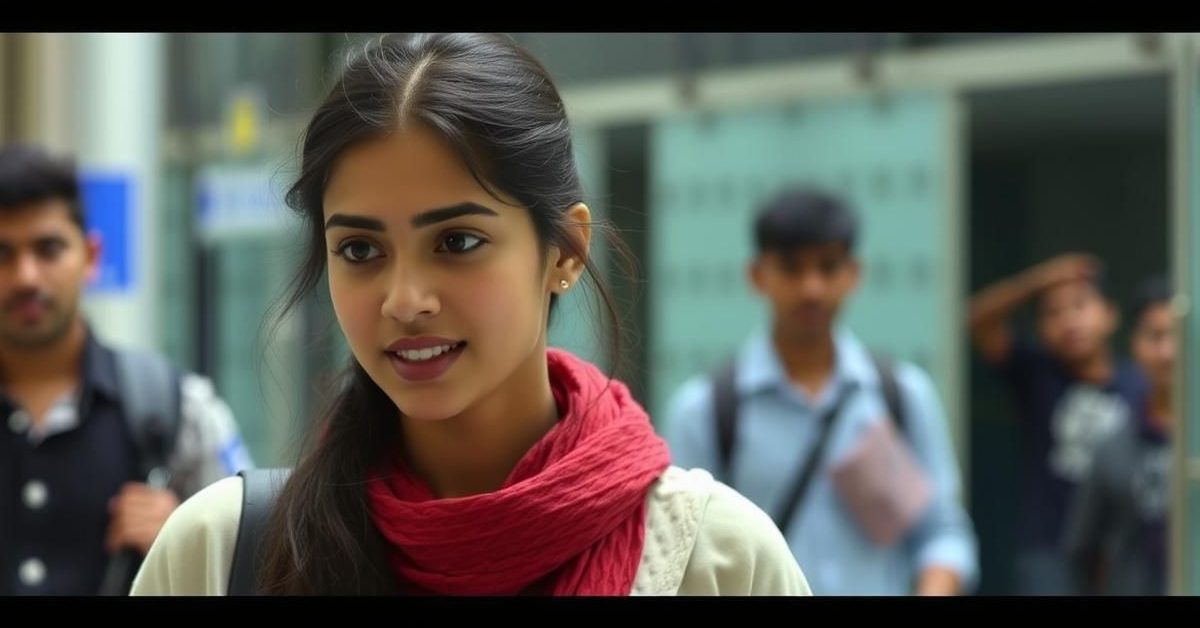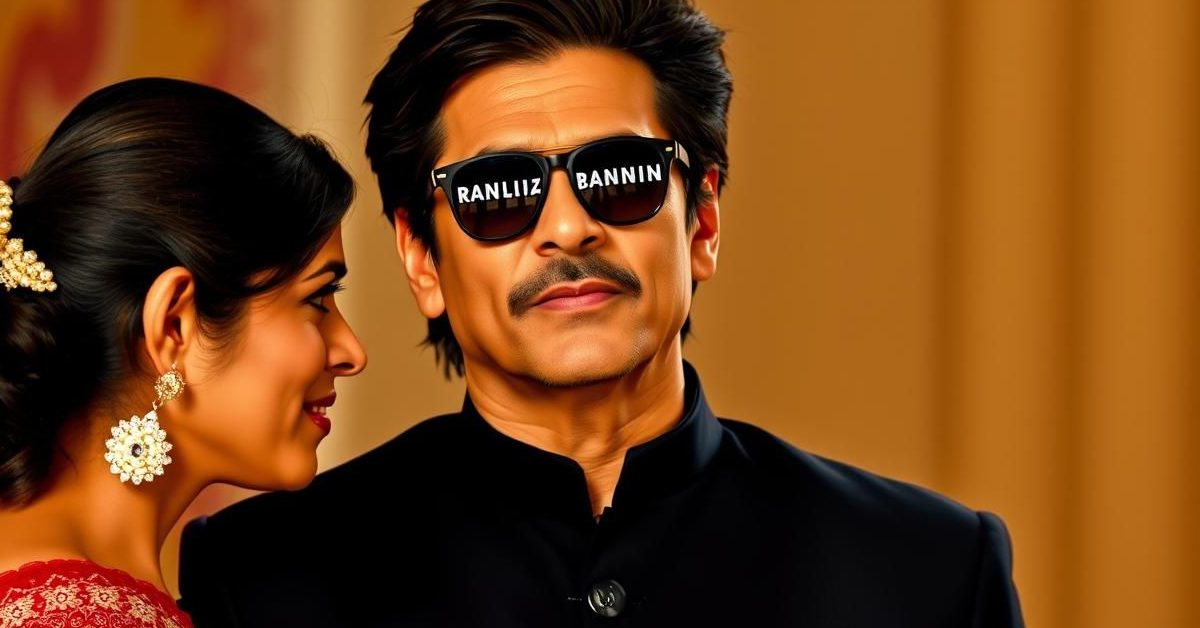Veteran writer and lyricist Javed Akhtar recently shared his insights on the timeless legacy of Indian cinema legend Guru Dutt, praising his unparalleled visual sense but critiquing one of his most celebrated works, Kaagaz Ke Phool.
Celebrating a Visionary: Guru Dutt at 100
Even six decades after his passing, Guru Dutt’s films continue to inspire new generations of filmmakers and artists. On what would have been his 100th birth anniversary, Javed Akhtar highlighted how Dutt’s masterpieces remain remarkably relevant.
Akhtar pointed to Guru Dutt’s unique ability to frame characters, especially within songs. He cited the iconic “Na Jao Saiyyan Chuda Ke Baiyyan” from Sahib Bibi Aur Ghulam, where 80 percent of the song is shot on a bed, as a testament to Dutt’s genius in creating compelling visuals from simple settings.
A Dream Interrupted
Javed Akhtar himself arrived in Mumbai with the ambition of following in Guru Dutt’s footsteps. Tragically, Dutt passed away just weeks after Akhtar’s arrival, leaving a profound impact on him and countless others.
Akhtar believes that Guru Dutt’s influence continues to “haunt” every thoughtful filmmaker and artist in Hindi cinema, underscoring his enduring legacy in shaping the industry.
Beyond the Screenplay: The Power of Visuals
While films like Pyaasa and Kaagaz Ke Phool are widely recognized as Guru Dutt’s masterpieces, Akhtar insists that even his lighter films, such as Mrs & Mrs 55, Jaal, and Aar Ya Paar, showcased his extraordinary talent, particularly in song picturization.
He noted that Guru Dutt didn’t need exotic locations to create beauty. Instead, his visuals were born entirely from his imagination. Songs like “Waqt Ne Kiya Kya Haseen Sitam” and “Yeh Raat Yeh Chandni Phir Kahan” are prime examples where every frame is a visual masterpiece, created without relying on identifiable external locations.
The Greatest Visual Sense in Indian Cinema
Comparing Guru Dutt to other greats like Raj Kapoor, Bimal Roy, and Mehboob Khan, Javed Akhtar asserted that none could rival Dutt’s visual acumen. According to Akhtar, Guru Dutt transcended the need for a strong screenplay, something other directors relied upon.
He explained that Guru Dutt’s cinema extended far beyond the written word; he could perfectly translate his inner visions onto the screen. This unique ability made his films, especially Pyaasa, enduring works of art where the visuals and lighting remain topics of discussion as long as cinema exists.
The Kaagaz Ke Phool Conundrum
Despite his immense admiration, Javed Akhtar confessed to having a “problem” with Kaagaz Ke Phool. He believes that when a filmmaker allows their personal life to overtly influence their work, it can lead to self-indulgence.
However, Akhtar quickly reiterated that this particular criticism does not diminish Guru Dutt’s standing as one of, if not the greatest, visionaries in the history of Indian cinema.
- Javed Akhtar considers Guru Dutt to have had Indian cinema’s “greatest visual sense.”
- Dutt’s films continue to be timeless masterpieces, influencing filmmakers even today.
- Akhtar believes Guru Dutt’s visual genius transcended the need for a strong screenplay.
- He finds Kaagaz Ke Phool problematic due to perceived self-indulgence from personal life influencing the narrative.
- Despite this, Guru Dutt’s position as a cinematic visionary remains undisputed.
Guru Dutt’s centenary serves as a powerful reminder of his lasting impact, a testament to his artistry that continues to resonate across generations.
